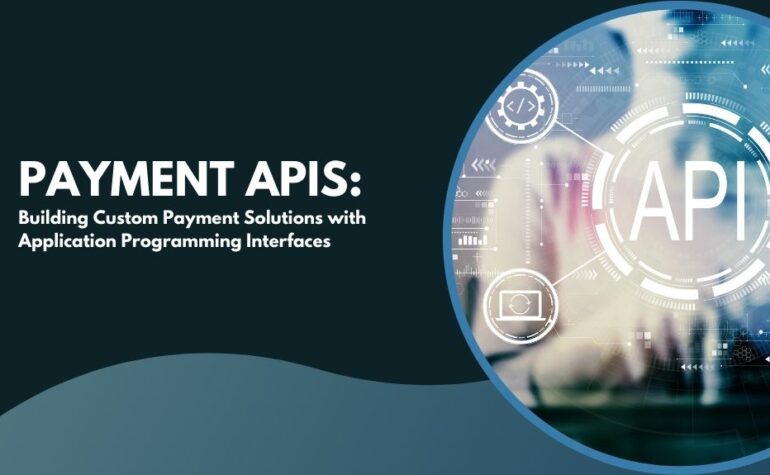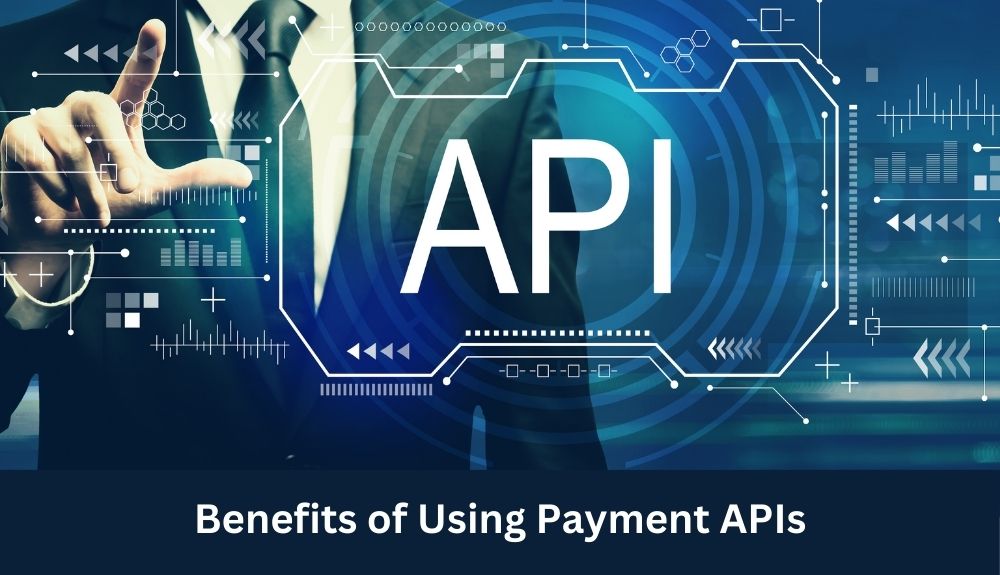Best Credit Card Processing Solutions Tailored for Every Industry

By merchantservices April 5, 2024
Welcome to the world of seamless payments, where technology meets convenience! In today’s fast-paced digital era, Payment APIs have revolutionized the way businesses process transactions and interact with customers. Whether you’re an e-commerce giant or a budding startup, integrating Payment APIs into your systems can streamline operations and enhance user experience. Join us on a journey as we explore how these powerful tools are shaping the future of online payments and enabling custom solutions like never before.
Types of Payment APIs
When it comes to payment APIs, there are different types available to cater to various needs in the digital payment landscape. One common type is the Direct Payment API, which enables direct transactions between a customer and a merchant without involving third-party processors. This type of API offers fast and secure payment processing.
Another popular type is the Wallet Payment API, which allows users to store their payment information securely for convenient checkout processes. With this API, customers can make purchases easily across multiple platforms without repeatedly entering their card details.
Subscription Payment APIs are essential for businesses offering subscription-based services. These APIs automate recurring payments, making it hassle-free for both merchants and customers. They ensure timely payments without manual intervention.
Mobile Payment APIs facilitate seamless mobile transactions through smartphones or other mobile devices. They provide a user-friendly interface for quick and secure payments on-the-go.
These different types of payment APIs offer versatile solutions tailored to specific payment requirements in today’s digital economy.
Benefits of Using Payment APIs

When it comes to using Payment APIs, there are numerous benefits that businesses can leverage. One of the key advantages is the seamless integration of payment processing into applications or websites. This allows for a more streamlined and efficient checkout experience for customers.
Another benefit is the enhanced security features that come with using Payment APIs. With built-in fraud protection and encryption capabilities, businesses can ensure that transactions are secure and data remains protected.
Payment APIs also offer flexibility in terms of accepting various payment methods, currencies, and recurring payments. This versatility caters to a wider range of customers, increasing conversion rates and customer satisfaction.
Furthermore, by utilizing Payment APIs, businesses can access real-time transaction data and analytics. This valuable information enables them to make informed decisions regarding pricing strategies, customer behavior analysis, and overall business performance optimization.
Popular Payment API Providers
When it comes to integrating payment solutions into your applications, choosing the right Payment API provider can make all the difference in providing a seamless and secure transaction experience for your users.
Stripe is one of the most popular Payment API providers known for its developer-friendly platform and robust features that allow businesses to accept payments online. With its easy-to-use interface and extensive documentation, Stripe has become a go-to choice for many developers looking to build custom payment solutions.
Another key player in the Payment API space is PayPal. With its wide range of payment options, including credit cards, debit cards, and PayPal accounts, businesses can offer their customers flexibility in how they pay for goods and services.
Braintree, owned by PayPal, is another top contender offering a simple integration process and support for multiple programming languages. Its advanced security features make it a reliable choice for businesses looking to prioritize data protection during transactions.
How to Build Custom Payment Solutions with APIs?

Are you ready to take your payment solutions to the next level? Building custom payment solutions with APIs can offer a tailored approach that meets your specific business needs. To start, identify the functionalities you require for your payment system – whether it’s seamless checkout experiences, fraud protection mechanisms, or subscription management tools.
Next, explore different Payment API providers and select one that aligns with your requirements. Once you’ve chosen a provider, dive into their documentation to understand how to integrate their APIs into your existing systems effectively. Remember to test thoroughly before going live to ensure smooth transactions for your customers.
Customizing payment flows through APIs allows you to create unique user experiences and streamline processes efficiently. By leveraging these tools effectively, you can enhance security measures and provide a seamless payment experience for your customers from start to finish.
Future of Payment APIs and Conclusion
As technology continues to advance, we can expect Payment APIs (Application Programming Interface) to play an even more significant role in shaping the future of online transactions. With increased security measures, seamless integrations, and enhanced user experiences, businesses will be able to offer custom payment solutions that cater to their specific needs.
The flexibility and scalability of Payment APIs make them a vital tool for businesses looking to stay competitive in the digital landscape. By harnessing the power of these APIs, companies can streamline their payment processes, improve customer satisfaction, and drive growth.
Leveraging Payment APIs enables organizations to create tailored payment solutions that not only meet but exceed customer expectations. As we look ahead, it is clear that Payment APIs will continue to revolutionize the way we transact online, providing endless possibilities for innovation and growth.
Leave a Reply